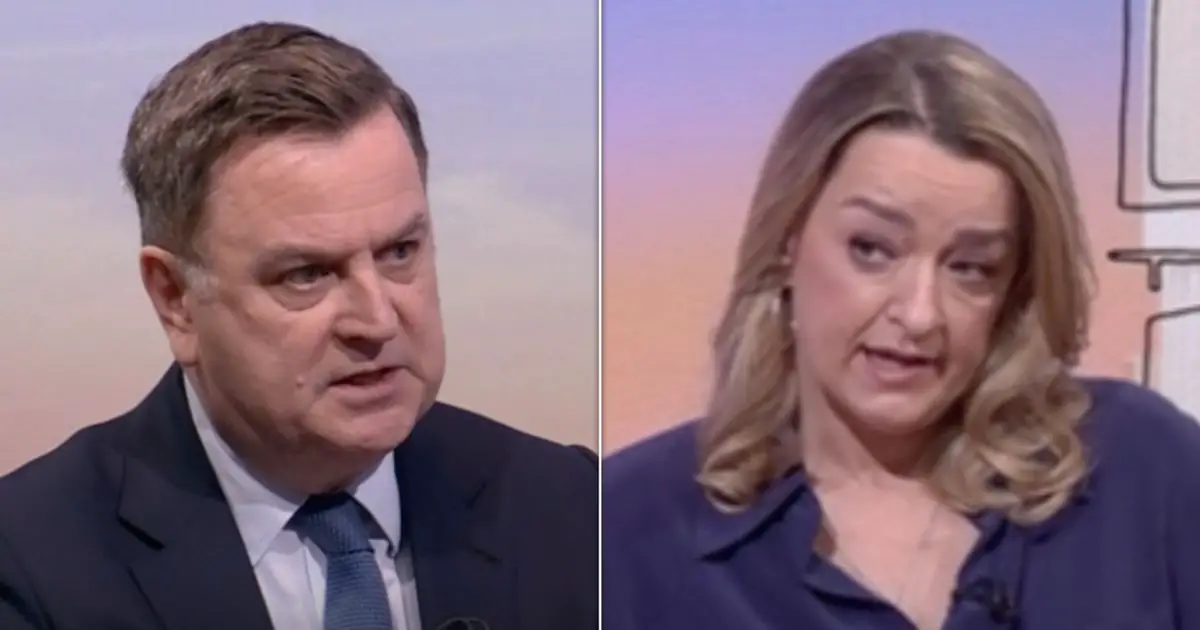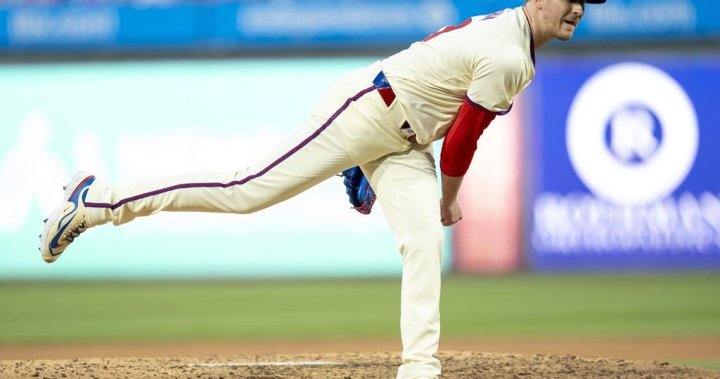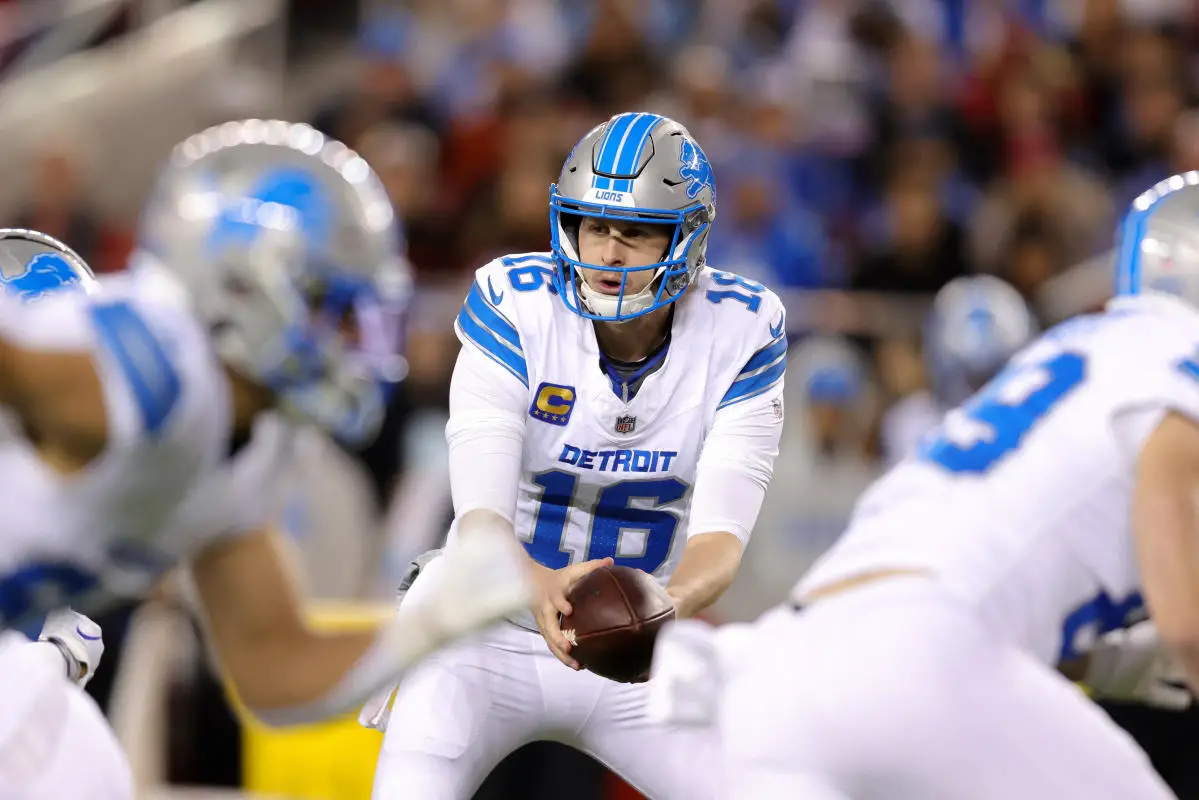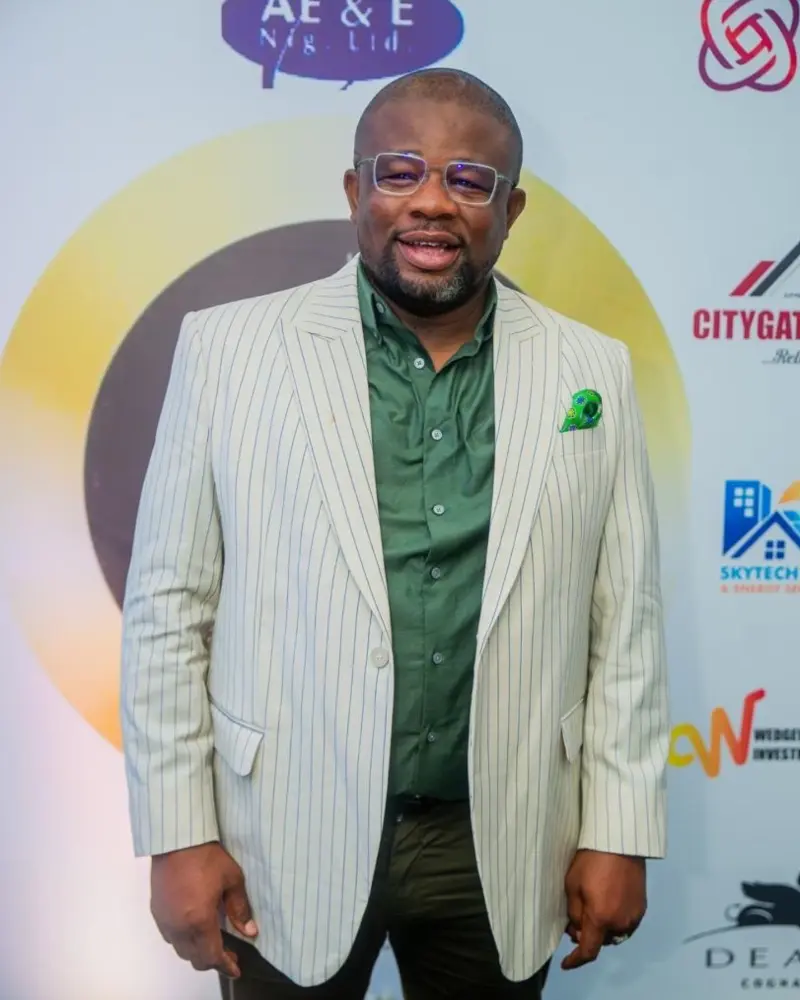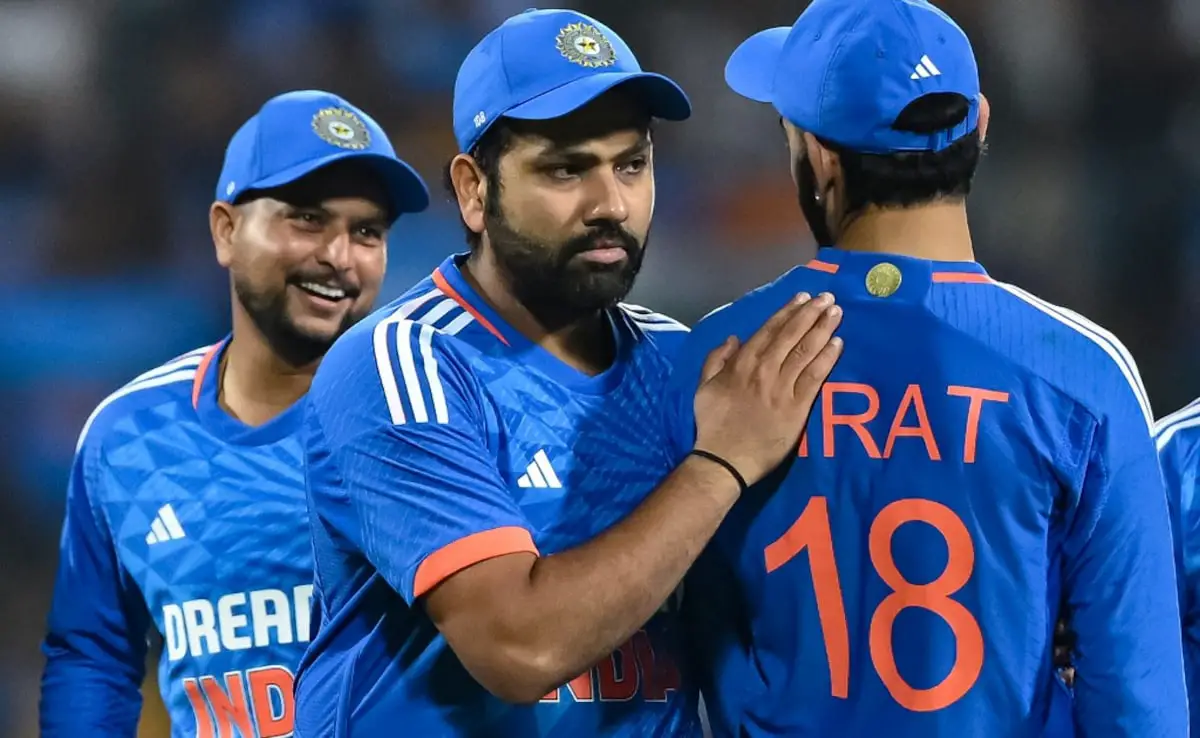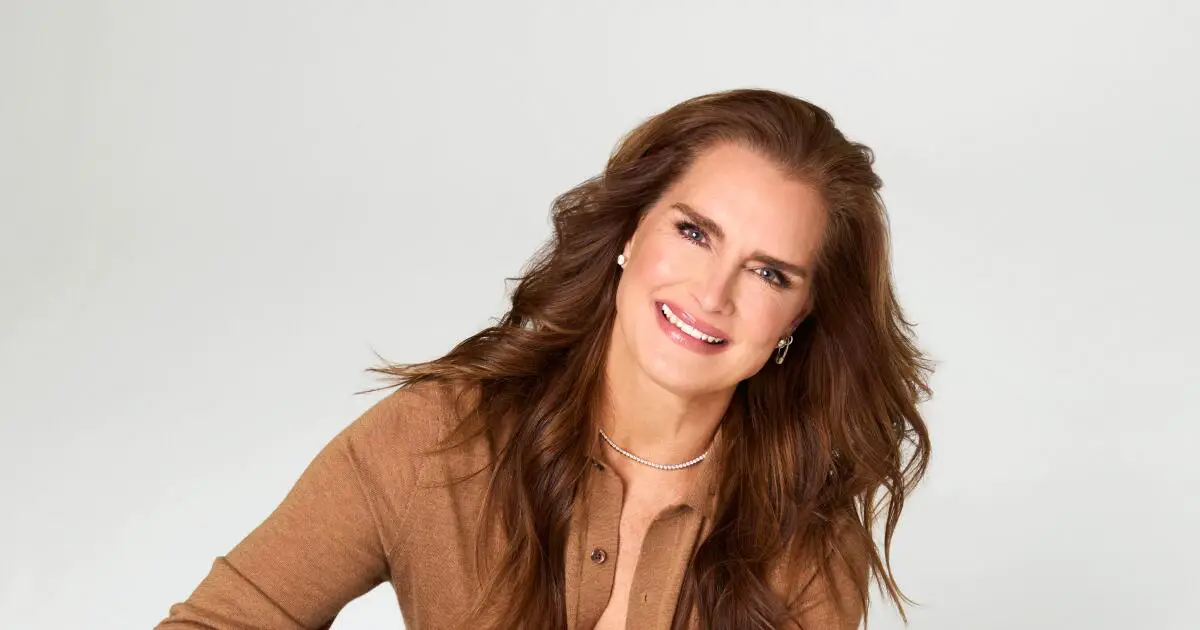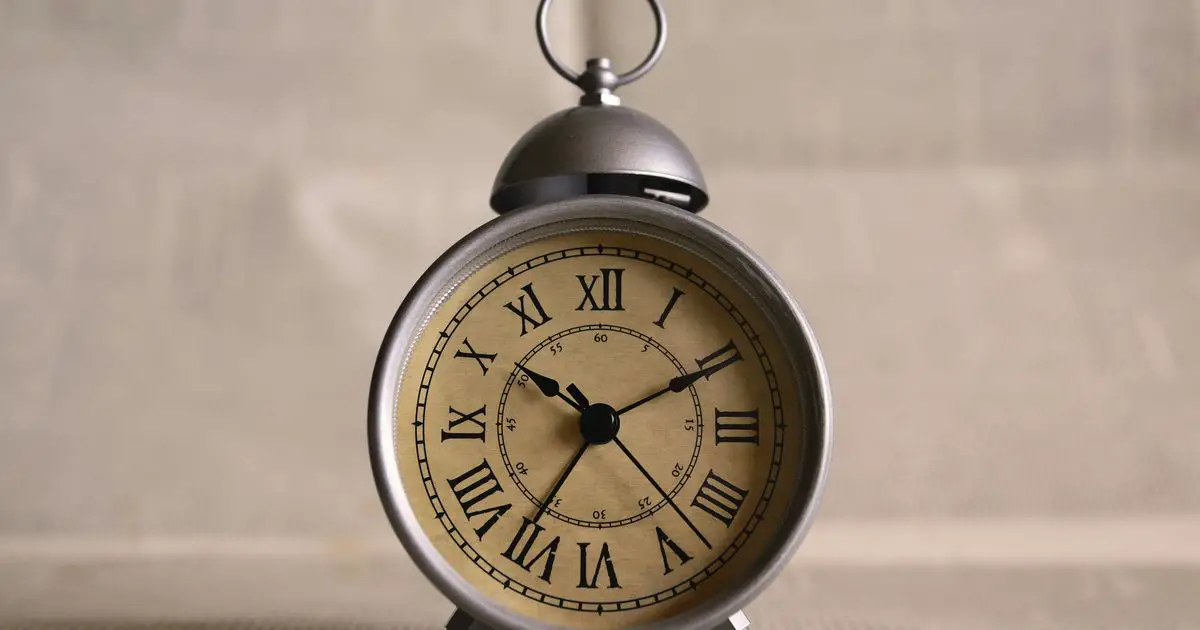
At HuffPost UK, we’ve been really nerding out about language recently.
With all of this in mind, we thought it was about time that we spoke about clocks. As our knowledge about language keeps ticking over, we figured that we’d take a hot minute to really look into how we talk about time.
Basically, what I’m saying is, we wanted to know why we say ‘o’clock’
Before researching this,.I considered what I thought it could mean or where it came from. As a northerner, my first instinct was to think that it was a derivation of on’t’clock
However, the actual answer is definitely not something I could have come up with myself.
So, according to Vocabulary.com, It’s a shortened form of the now obsolete phrase ‘of the clock’, from the Middle English ‘of the clokke’.
Additionally, IFLScience said: “The first recorded instance of this use reportedly being in 1560.
“For a time, a rival phrase “a clock” was also used, though this seems to have died out in the 19th century, with o’clock becoming the preferred contraction.”
Of course, we know that over time, language and how we convey expressions and phrases evolves.
So, with that in mind, it’s worth noting that ’o’clock wasn’t the only phrase going through some changes back then.
Gizmodo explained that during this period, the phrase ‘Jack-o’-lantern’ started to popularise. This name came from ‘Jack of the lantern’,.which originally just meant ‘man of the lantern’ with ‘Jack’ at the time, being the generic ‘any man’ name.
Jack of all trades, anyone?
Really, the phrase is quite obsolete these days but we are glad we’re still clocking in some nods to our ancestors and simpler times.

